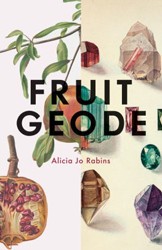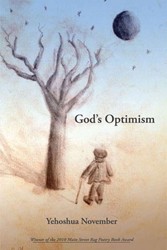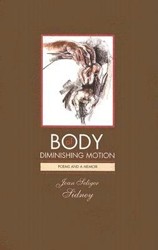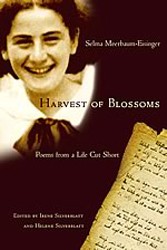Amaranth Borsuk’s first book, winner of the 2011 Slope Editions Book Prize, employs and riffs on centuries-old formal devices, like gematrias and old English verse form. The presence of such antique forms contributes to the sense of excavation throughout Handiwork.
Borsuk’s notes at the back of the book dedicate it to the her grandmother, “whose unpublished autobiographical stories illuminate” these poems, Borsuk explains. But Borsuk does not introduce specifics of her grandmother’s autobiography into these poems. A truly postmodern poet, she is more interested in what is impossible to convey — spaces or histories so faded they might not exist at all — than in what can or should be conveyed. “Imagine that landscape: a place / where landscape escapes,” she writes in “History of Myth.” Even in imagination landscape undoes itself. “These are words I did not understand / when I learned them, a combination tone,” Borsuk writes in “History of Song.” The speaker is telling a narrative that has never been told — the story of an individual within the wide and well-known swell of more familiar stories: “Our / books begin ground, pressed, / but never mention / this bruised history, erased” (“Paper Elegy”). The poem “In Which Things That Hurt Us Are Stored For Winter,” which follows the accentual-syllabic rules of Middle English prosody, plugs into the here and now by incorporating modern forms of speech that would be familiar to any Facebook user (“Wow, Wow, Wow, oh wow, aha — ”).
The brief, prismatic gematrias that appear throughout are some of the book’s most fragmented poems, and they help establish Borsuk’s postmodern set of concerns. They express a self or selves or voices asserting themselves, deliberately, across space and time. Time and space here mean not only the real-life past and present — Holocaust-era Europe, present day America — that the book seeks to depict, but also metapoetical concerns, like the white space of the page and the time it takes to read the book. Deep but faded meanings seem to glimmer at the edge of these poems, but they remain elusive to the reader or even the speaker. Through the burdens and gifts of her many constraints, Borsuk seeks, sometimes excitedly, sometimes resignedly, to expose or excavate those meanings.
Lucy Biederman is an assistant professor of creative writing at Heidelberg University in Tiffin, Ohio. Her first book, The Walmart Book of the Dead, won the 2017 Vine Leaves Press Vignette Award.





